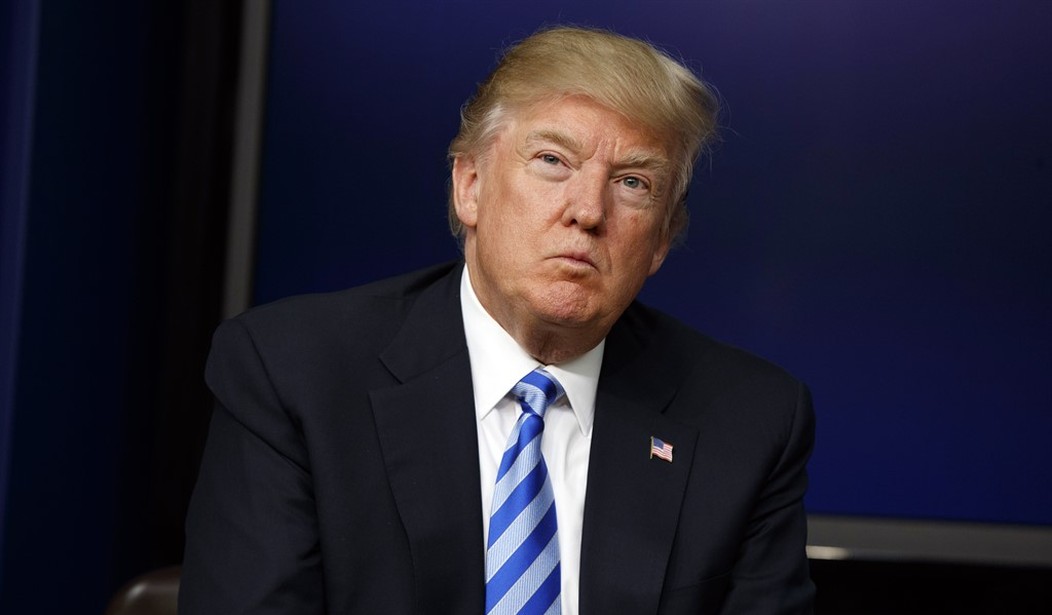Something fun from the Deseret News. Our younger readers will never know the pleasure of a Clinton-era lecture from socially conservative Republicans about how the president should be a moral example for the nation, or a counter-lecture from socially liberal Democrats about how what happens in a president’s marriage should be between him and his wife.
You’d like to think that people would be more consistent at any given moment on a subject like this than they would on, say, whether the filibuster is worth keeping, but no. It’s partisanship all the way down.

The turning point for both parties was 2016. Go figure. Equally unsurprising: Among four religious groups tracked (white mainline Protestants, white evangelicals, Catholics, and unaffiliateds), the biggest shifts from 2016 to 2017 were among white evangelicals and unaffiliateds. Unaffiliateds, a traditionally Democrat-leaning group, dropped 10 points (from 73 percent to 63) in their tolerance of adultery by presidential candidates. White evangelicals, a core Republican constituency, gained 10 points (from 43 percent to 53). White evangelicals are now more likely than white mainline Protestants to say that a candidate’s past extramarital affair wouldn’t make a difference to their vote, 53 percent to 50. On a closely related question, whether they’d be less likely to vote for a candidate who’d committed adultery in the past, mainline Protestants were once again more disapproving than evangelicals, 50 percent to 43. That’s a “Trump effect” if ever there was one.
There may be a “Clinton effect” too, though. Among the four age groups tested, the Silent Generation, Baby Boomers, Generation X, and Millennials, it’s not Millennials who were the most indifferent to a candidate’s adultery. It was Generation X. Just 31 percent of them said they’d be less likely to support an adulterous candidate versus 61 percent who said it’d make no difference. Among Millennials, those numbers were 42 and 48, respectively. Younger Americans who are nonetheless old enough to remember Clinton’s election and the Lewinsky scandal may have developed more liberal attitudes towards presidential cheating. We’ll see if the current generation’s attitudes evolve in reaction to Trump’s pre-presidential history.
Exit question: According to this same survey, just 73 percent of Americans say that a one-night stand “always” constitutes cheating on a partner while just 76 percent say that regular intercourse with someone other than your partner “always” constitutes cheating. Uh, what?








Join the conversation as a VIP Member